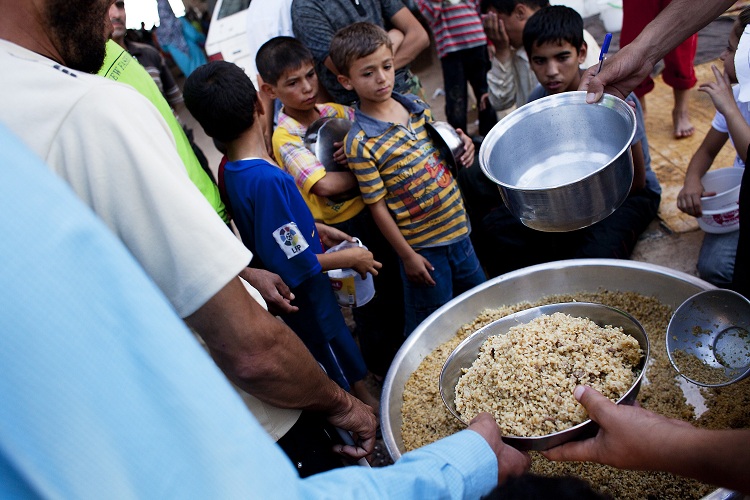Prominent Iraqi Shia cleric, politician, and militia leader Muqtada Al-Sadr has asked Egypt and Saudi Arabia to protect holy places from extremists, in a statement issued on Saturday evening on the occasion of the prophet Muhammed’s birthday.
“We, in Iraq, provide heavy protection of holy places in various cities across the state. It is a great honour for us to carry out this mission,” he said, referring to holy sites in Najaf and Karbala cities.
In the statement on his Facebook page, he implored Saudi Arabia, Egypt and Iran to strive for Islamic unity—something that he personally supports and seeks.
Relations between Sunni and Shia Muslim-majority countries tend to be fraught with tensions, despite attempts, and sometimes empty words, by politicians to placate hostilities. Whichever sect is the minority in a country is often treated like second-class citizens.
One of the most renowned religious destinations for Shia Muslims in Egypt, which has a Sunni majority, is Al-Hussein Mosque. The state has restricted Shia residents from coming to this mosque as they please and has closed it on religious occasions affiliated to their sect, citing security concerns.
Al-Sadr called on the Egyptian government to protect this mosque, open it to visitors, and eliminate extremists from the area. He also reached out to Al-Azhar University with the idea of engaging in religious dialogue between scholars from various Islamic sects and branches.
The cleric’s statement carried clear significance to the ongoing dispute between Saudi Arabia and Iran—the latter is backing the Houthis in Yemen while Saudi is supporting the government in the bloody conflict.
He made a bold suggestion that, rather than fighting the Houthis, Saudi Arabia should send its forces in Yemen to launch war on Israel and liberate Al-Aqsa Mosque from Israeli occupation.
Al-Sadr then asked the Saudi government to protect the prophet’s grave in Medina from the “terrorist ideologies that are dominant in the country”, saying that these tendencies are “abnormal”. He offered his contribution and cooperation to protecting the gravesite.
In April 2013, during former Islamist president Mohamed Morsi’s reign, the ministries of foreign affairs and civil aviation set regulations restricting the activities of Iranian tourists in Egypt. They were limited to set touristic sites such as the ancient city of Luxor and Red Sea resort areas like Sharm El-Sheikh.
During this time the religious arm of the Al-Nour political party, the Salafi Call, warned of a “Shia tide” in Egypt and called for a ban on any contact with Shia Muslims.
Even after the ouster of Morsi, Minister of Religious Endowments Mohamed Mokhtar Gomaa refused to allow Shia Muslims to celebrate Ashura inside mosques, calling on authorities to implement this decision.


